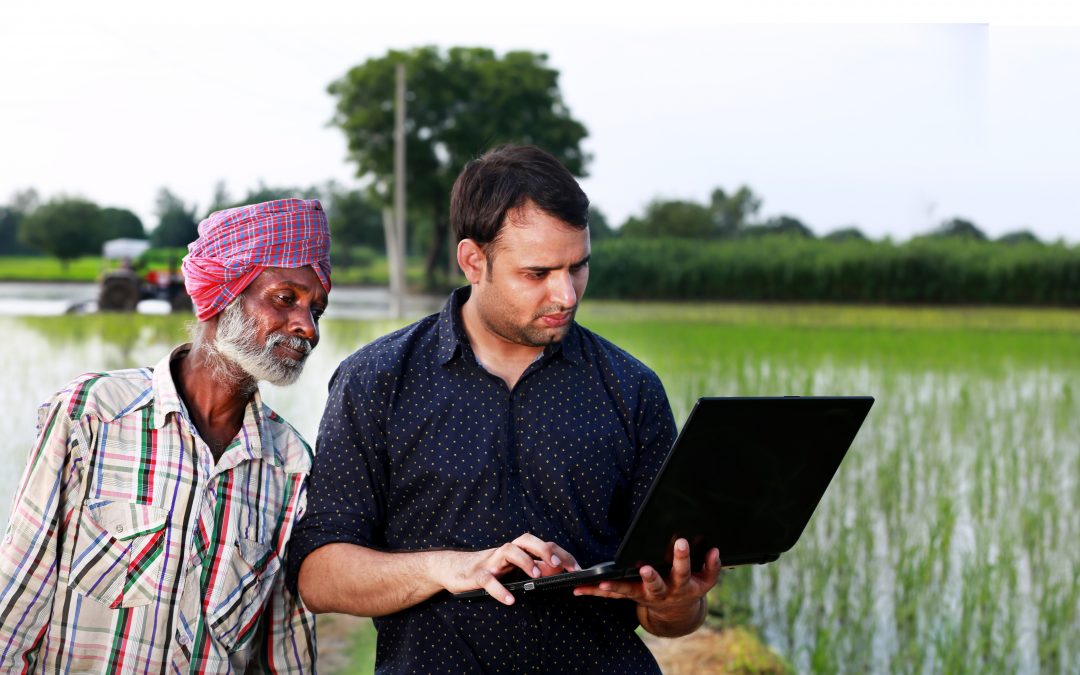Pablo Yanguas continues our series looking at the big development trends to look out for in 2017
These are difficult times for the foreign aid system. While budgets may still be growing in countries like the UK, the reality of aid is one of dire challenges on two fronts.
At home in donor countries, fiscal hawks keep demanding total value-for-money for every aid pound spent, while opportunistic conservatives quietly redirect overseas development assistance towards the private sector. Away in recipient countries, the rise of South-South cooperation, billionaire philanthropists, and increased access to financial markets is crowding out foreign aid from the low-hanging fruit of high-expense, high-visibility projects like hospitals and irrigation.
Traditional donors like DFID are left facing the deeper, at times nastier side of development: a wealth of institutional and administrative reforms which require long-term, risky, politically astute investments – three things that the home environment no longer tolerates.
Instead of admitting defeat, however, activists, scholars, and practitioners have responded to this challenge by calling for smarter, flexible aid: more sensitive to context, less risk averse, and increasingly geared towards supporting local reformers instead of replicating foreign templates. The calls for “Adaptive Management” are heard in virtually every bilateral and multilateral aid agency, its tenets now evident in a whole new generation of projects ranging from education to business climate, from oil management to anti-corruption.
Such innovation offers hope for a better aid system in 2017. But much of its success will depend on whether donor publics can come to grips with the messy reality of promoting development.
Read more of Pablo Yanguas’ work on the politics of aid, development and public service reforms.

